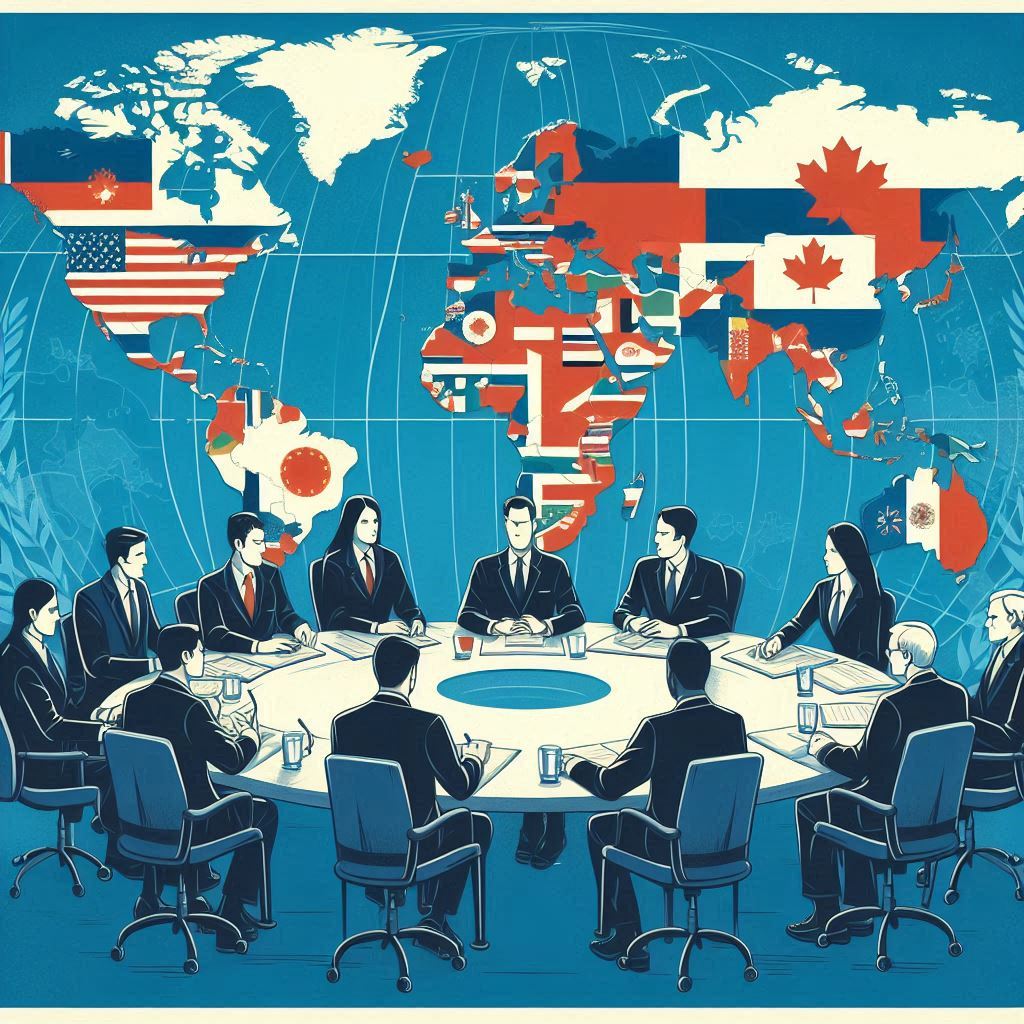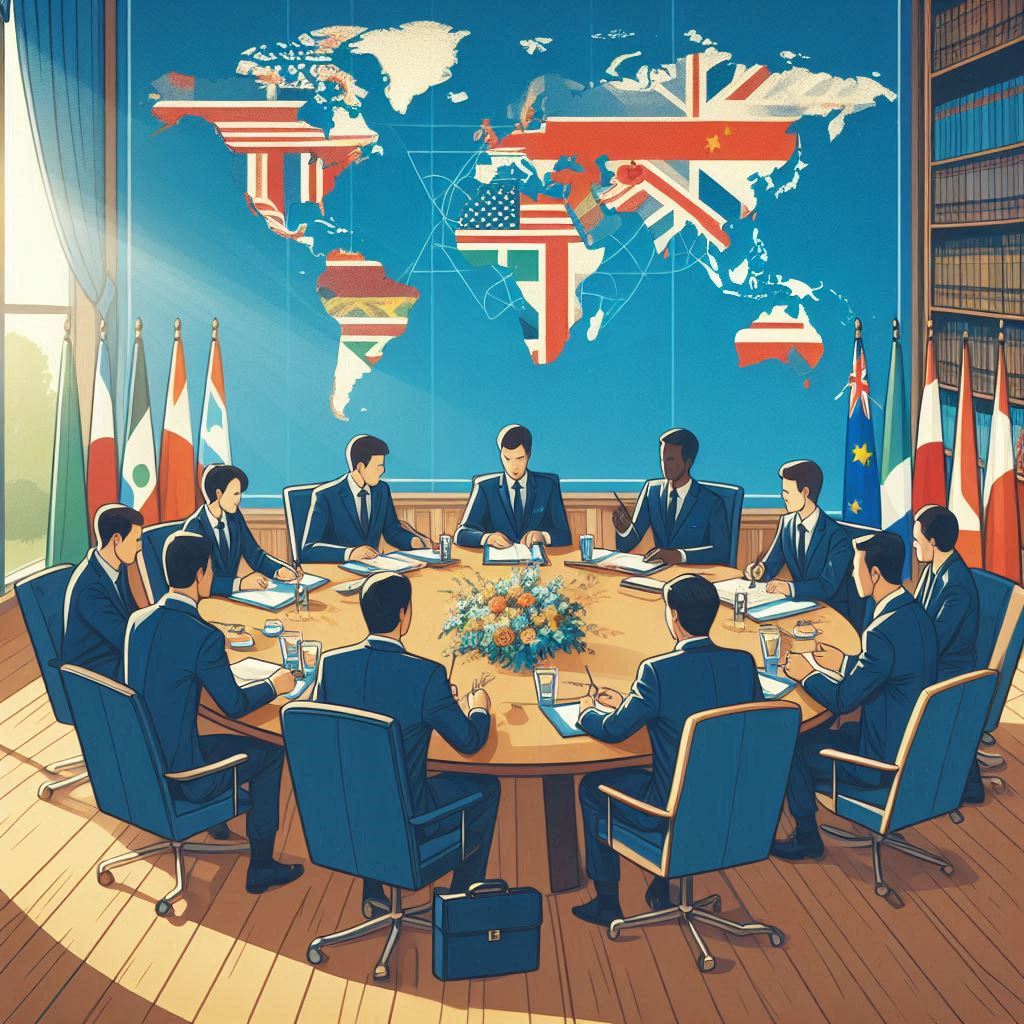瑞典與芬蘭成功加入北約,俄羅斯卻不允許烏克蘭加入。
俄羅斯對烏克蘭與芬蘭、瑞典的態度差異,可以從地緣政治、歷史背景和實際戰略考量來分析。首先,烏克蘭對俄羅斯具有特殊的歷史與文化意義。烏克蘭長期以來被視為俄羅斯文明的起源之一,尤其是基輔作為東斯拉夫文化的發源地,具有象徵性的重要性。此外,烏克蘭過去是蘇聯的一部分,蘇聯解體後,其獨立對俄羅斯的地緣政治地位形成重大挑戰。普丁政權一直將烏克蘭視為俄羅斯的「勢力範圍」,不容其完全倒向西方。因此,烏克蘭試圖加入北約被俄羅斯視為直接威脅,特別是北約部隊可能出現在俄烏邊境,讓俄羅斯感到極大的安全壓力。
相比之下,芬蘭和瑞典的情況有所不同。雖然兩國也在俄羅斯邊境附近,但它們的歷史地位與烏克蘭不同。芬蘭在二戰後保持長期的中立政策,並未與蘇聯或俄羅斯發生過類似於烏克蘭的親西方轉向衝突。瑞典則歷來是北歐中立國,未曾對俄羅斯構成直接威脅。直到最近,俄羅斯入侵烏克蘭的行動才使這兩國認識到俄羅斯的潛在威脅,因而申請加入北約。但即便如此,俄羅斯對芬蘭和瑞典的反應相對克制,更多是外交上的譴責,而非軍事行動。
這種差異還與實際戰略考量有關。芬蘭和瑞典的軍事能力、北約合作潛力,以及俄羅斯在北歐方向的有限資源,讓俄羅斯更不願直接挑起對抗。烏克蘭則不同,它的地理位置對俄羅斯的安全與影響力有直接關係,俄羅斯對其採取更積極的行動。另外烏克蘭土地大部分均是平原,在二戰時期德國納粹就在此借道入侵俄羅斯,因此烏克蘭被視為俄羅斯與北約的緩衝區。在蘇聯時期,烏克蘭人也長期受益於俄羅斯的石油補助與軍事合作,在普丁的眼中,加入北約的烏克蘭是嚴重的背叛。
簡而言之,俄羅斯對烏克蘭的侵略不僅是基於北約擴張的憂慮,更深層次的是歷史文化、地緣戰略和政治野心的綜合結果。對芬蘭和瑞典的態度則反映俄羅斯更謹慎的戰略考量以及對不同地區威脅的權衡。
Sweden and Finland successfully joined NATO, yet Russia refuses to allow Ukraine to do the same.
The differences in Russia's attitudes toward Ukraine versus Finland and Sweden can be analyzed from the perspectives of geopolitics, historical background, and strategic considerations.
Firstly, Ukraine holds a unique historical and cultural significance for Russia. Ukraine has long been viewed as one of the origins of Russian civilization, with Kyiv serving as the cradle of East Slavic culture and carrying immense symbolic importance. Additionally, Ukraine's past as a part of the Soviet Union means that its independence after the Soviet Union's collapse posed a major challenge to Russia's geopolitical standing. The Putin regime has consistently regarded Ukraine as within Russia's "sphere of influence," and thus cannot tolerate its full alignment with the West. Ukraine's attempts to join NATO are perceived by Russia as a direct threat, especially with the possibility of NATO forces stationed along the Russia-Ukraine border, intensifying Moscow's security concerns.
In contrast, the situations of Finland and Sweden are markedly different. Although both countries share proximity to Russia, their historical contexts differ from Ukraine's. Finland maintained a long-standing policy of neutrality after World War II, avoiding the kind of pro-Western pivot that has caused friction between Ukraine and Russia. Sweden, traditionally a neutral Nordic country, has similarly never posed a direct threat to Russia. It was only after Russia's invasion of Ukraine that Finland and Sweden began perceiving a heightened threat from Moscow, leading them to apply for NATO membership. Even so, Russia’s response to their NATO bids has been relatively restrained, consisting mainly of diplomatic protests rather than military actions.
This disparity also stems from strategic considerations. Finland and Sweden’s military capabilities, their potential contributions to NATO, and Russia's limited resources in the Nordic region make Moscow less inclined to provoke direct confrontation there. Ukraine, however, presents a different scenario. Its geographical position is critical to Russia’s security and influence, prompting Russia to take more assertive measures.
Moreover, Ukraine's mostly flat terrain has historically been a pathway for invasions into Russia, as evidenced by Nazi Germany's use of the region during World War II. For this reason, Ukraine is seen by Moscow as a crucial buffer zone against NATO. During the Soviet era, Ukrainians benefited from Russian oil subsidies and military collaboration, making Ukraine’s potential NATO membership feel, in Putin's view, like a profound betrayal.
In summary, Russia’s aggression toward Ukraine is not solely driven by fears of NATO expansion but is also deeply rooted in historical, cultural, and geopolitical factors, as well as political ambitions. Its more cautious approach toward Finland and Sweden reflects a strategic calculation and a balancing of threats in different regions.


- 1
- 2
- 3
- 4
